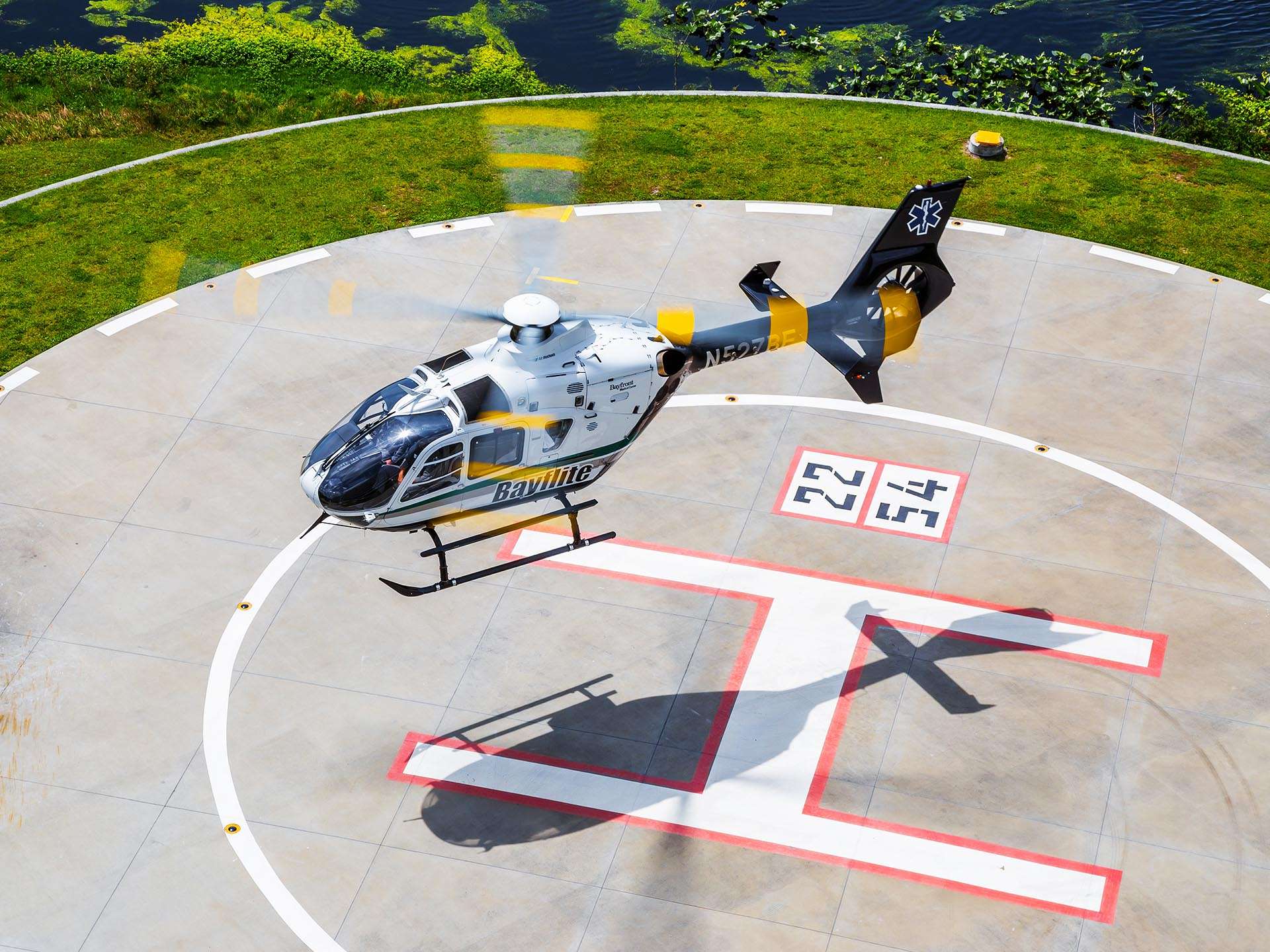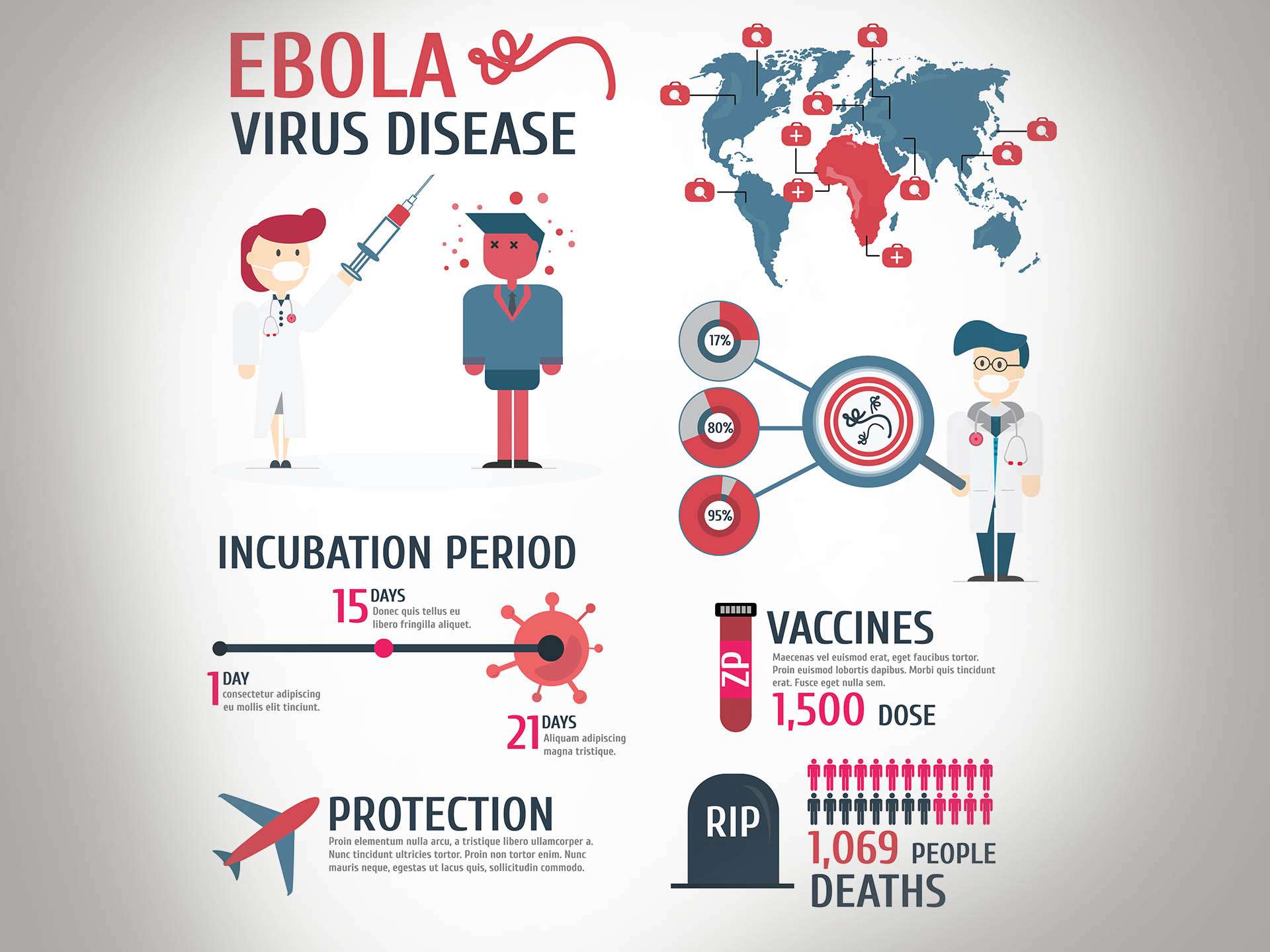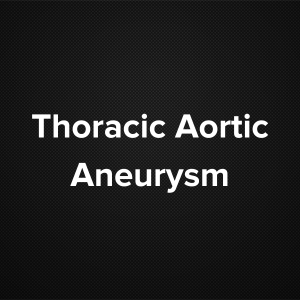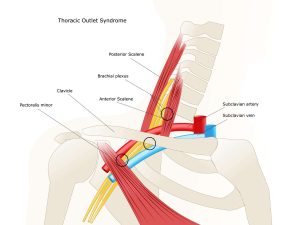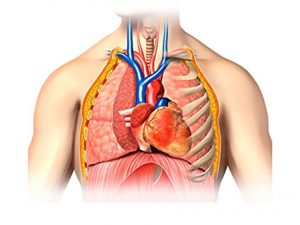Health care has made advances in leaps and bounds. The sophistication in present day treatment methods, equipment and processes makes one forget that the roots of medicines lay deeply embedded in ancient Egypt, Babylon and India.
Many different forms of medicine and treatment were developed by various countries during ancient civilizations.
The Ancient Egyptian Medicine came from Egypt, the Middle East gave birth to Babylonian medicine, India generated the Ayurveda, Unani and Siddha medicines. And Greece medicine gave birth to Hippocrates of Kos.
Alexandrians laid the foundations for the scientific study of physiology and anatomy.
In the 18th century, during the Age of Enlightenment – a philosophical movement in Europe, the first modern hospitals started to appear. They attended to the medical needs and were staffed with trained surgeons and physicians. These hospitals also brought the concept of isolating and treating patients and categorization of patients according to ailments. These hospitals surpassed ‘poor relief’ from ailment and progressed to medicine. They also became the turning points where patients weren’t just being treated but also medical discoveries, research and innovations were being undertaken.
Field of medicine kept progressing till in the 19th century modern medicine rose distinctly.
There is another evolution that modern medicine has been making in the last century. It is in the field of Emergency Medicine and Trauma Care.
Emergency medicine is a field and specialty of medicine that requires treatment and care of unscheduled patients with acute injuries or illnesses. These patients require immediate medical care and treatment. Typically, an emergency doctor will treat such patients on the spot, run the needed diagnostics and tests and undertake steps to stabilize the patient but may not be involved in the long-term care and recovery of the patient.
Centres where such care is given are referred to as Trauma Centres or Emergency Rooms. They work round the clock when other care centres are closed.
Emergency medicine found its roots during the French revolution where military surgeon Dominique Jean Larrey founded the idea of ambulances to transport the wounded soldiers at flying speeds. As an independent field of medicine, Emergency medicine emerged in the 1960s and 70s. An emergency physician can be a specialist or a multidisciplinary.
Trauma care is essentially a life-and-death race against time. As medicine has evolved, what happened to the patient before the trauma or patient history has become of key importance. Attempts to stabilize or resuscitate the patient begin in the ambulance itself instead of waiting to transfer to a trauma centre to be completed.
A trauma care centre is a fully equipped with trained staff to provide complete emergency medical treatment to unscheduled and undifferentiated patients who need immediate attention.
The Birmingham Accident Hospital opened in England in 1941 was the world’s first trauma centre. Since then trauma centres have advanced in technology and training.
The most advanced trauma care centres have a team of trained specialists including neurosurgeons, cardiothoracic surgeons and orthopedic surgeons on board along with a specialist trauma care nurse and sophisticated medical diagnostic equipment in-house. They often also have access by air to ensure that patients receive medical attention faster. The operation cost of trauma centres with its high-end equipment and specialist team is very expensive. Thus, trauma care in rural area often suffers and centres are concentrated in urban areas only.
The advances made by emergency medicine are wondrous and often bring the patients back to life from the clutches of death.
